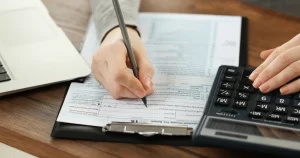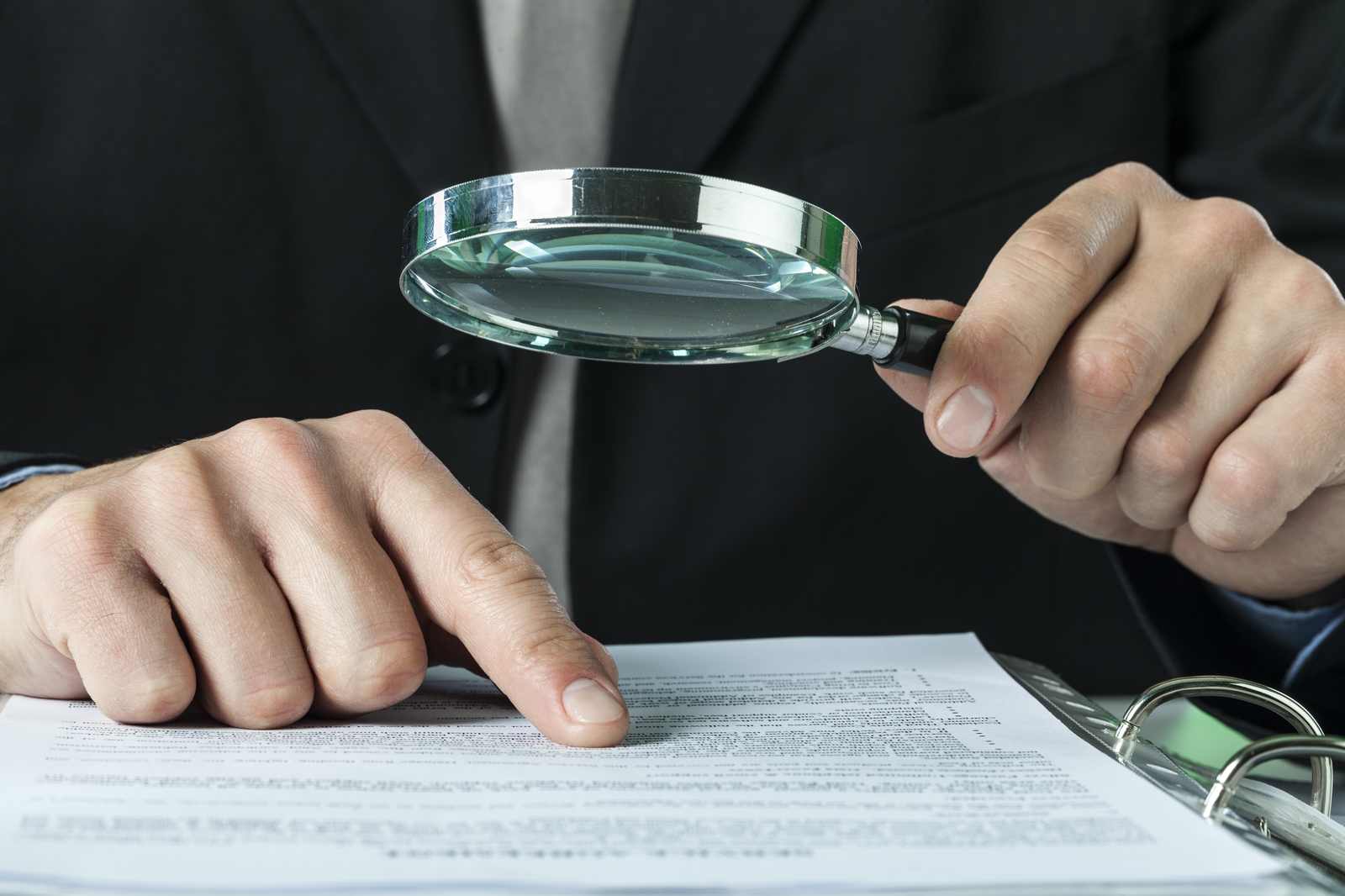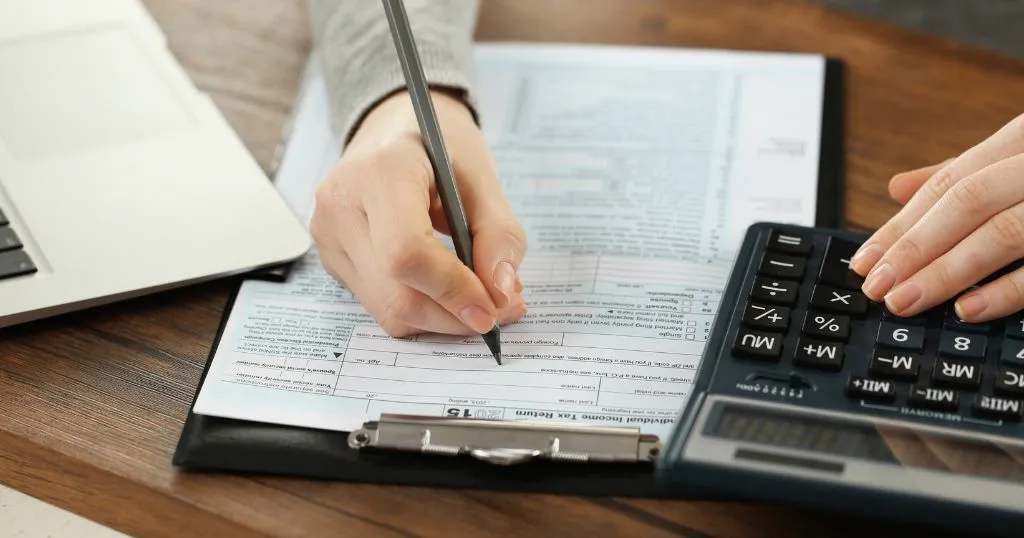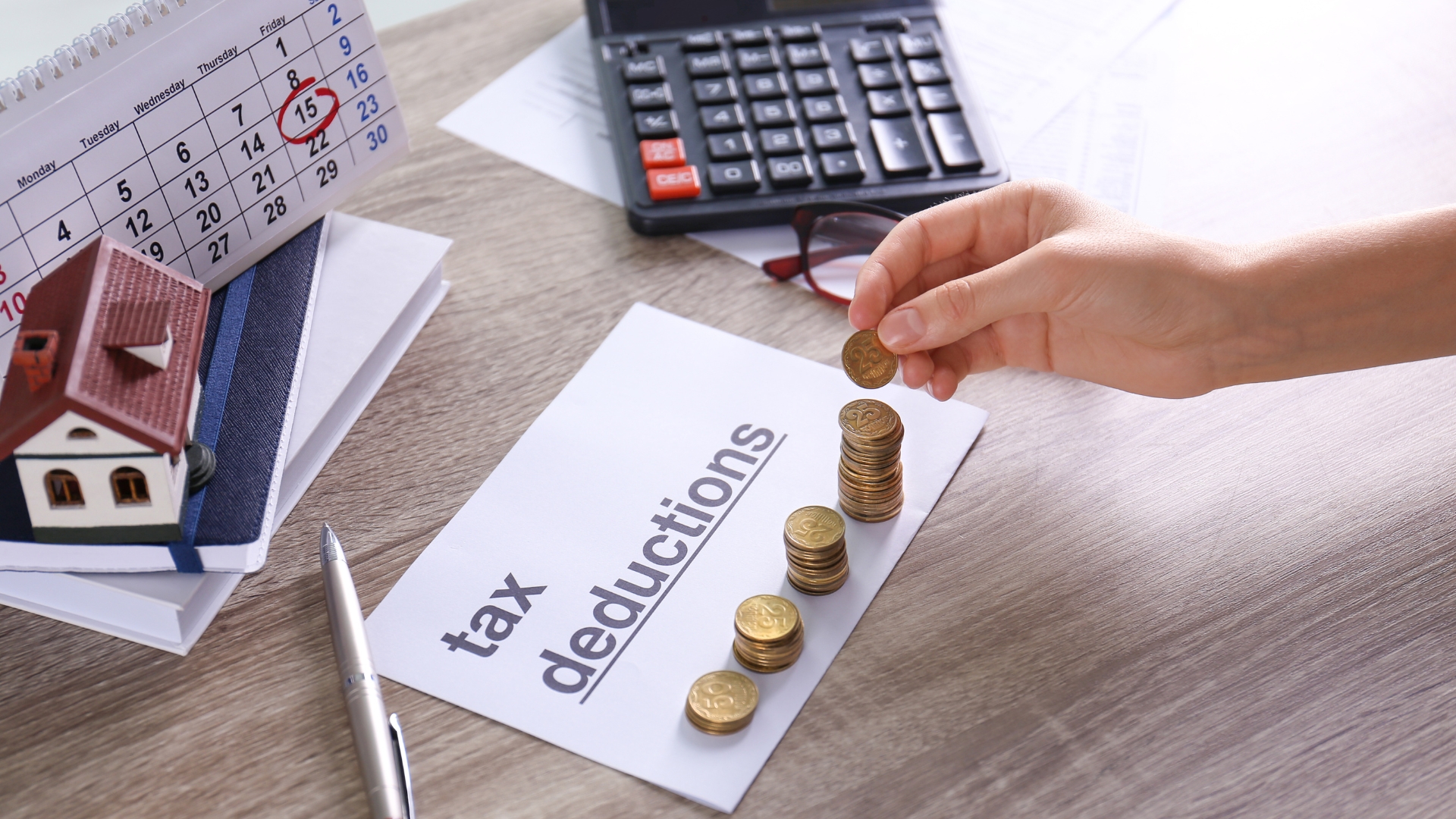7 Products Subject to Excise Tax In The UAE
Since 2017 the UAE government is working on taxing specific products. According to the UAE government they are levying these excise taxes on those products because they are either harmful to human health or the environment. Similarly, another purpose of these excise taxes is to generate additional revenue for public services.
This blog talks about nine such products that are subject to excise tax in the UAE
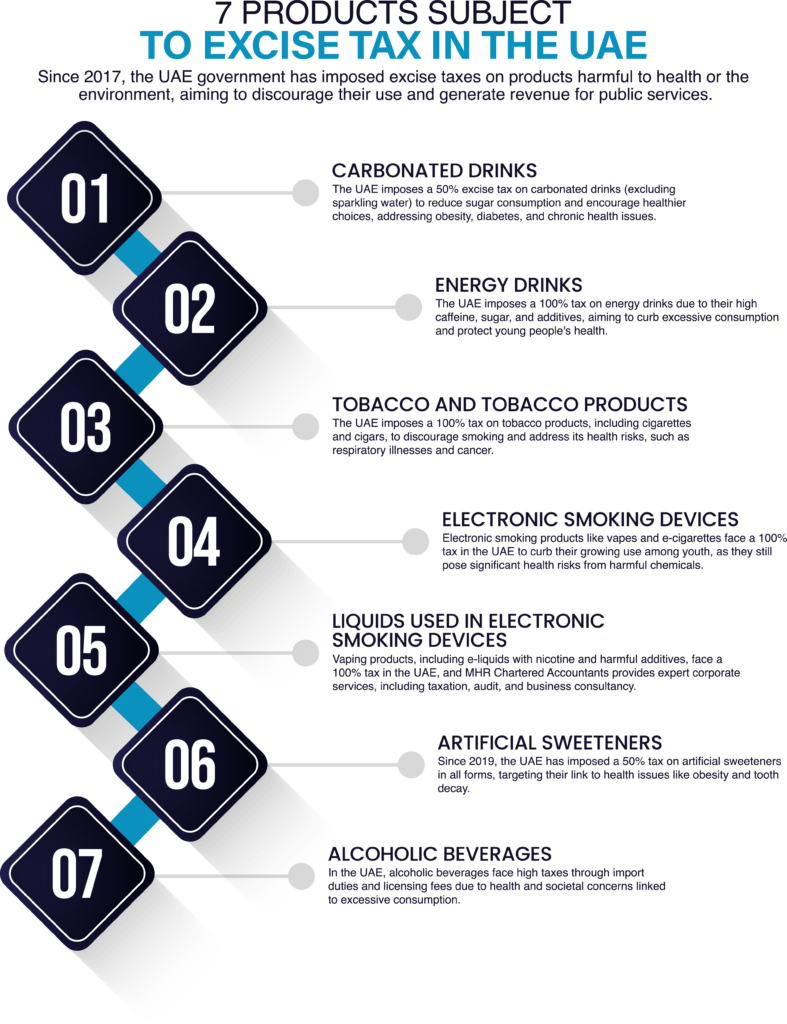
1. Carbonated Drinks
Carbonate drinks, excluding sparkling water, have a 50% excise tax in the UAE. In this category you’ll find soda and soft drinks that contain carbon dioxide. The reason why the UAE government is levying a hefty 50% on these drinks is to reduce sugar consumption.
Sugar consumption is the leading cause of diseases like obesity, diabetes, and other chronic health conditions. Through these measures the UAE government hopes that the consumers opt for more healthier options instead of carbonate drinks.
2. Energy Drinks
In the UAE energy drinks are subject to a hefty 100% hefty tax. The reason for this excise tax is quite similar to carbonate drinks. Energy drinks contain high levels of caffeine, sugar, along with other additives.
Now, obviously all of these ingredients pose severe health risks especially when someone uses them excessively. The UAE government wants to reduce the consumption of these energy drinks among the younger demographic.
3. Tobacco and Tobacco Products
Similar to many European countries like Germany the UAE is also levying a 100% excise tax on tobacco and its related products. These products include cigarettes, cigars, and loose tobacco. These measures are in place to discourage smoking in the region. It’s already common knowledge that smoking leads to respiratory illnesses and cancer.
4. Electronic Smoking Devices
This also falls under the broader category of tobacco products. Electronic smoking products like vapes, e-cigarettes have a 100% excise tax in the UAE. Vaping is a growing trend among the younger demographic.
Even though the manufacturers or sellers promote it as a safer alternative to smoking it still poses severe health risks. These health risks stem from the inhaling of harmful chemicals which we are going to talk about in the next product.
5. Liquids Used in Electronic Smoking Devices

Medical professionals are labeling vaping as harmful because of the chemicals they use. There are e-liquids in those electronic smoking products which face a 100% excise tax in the UAE. The common chemicals found in these devices are nicotine which is also found in regular tobacco products.
Along with that they include other chemical additives which can have severe health consequences.
As a leading professional and consultancy firm in the UAE, MHR Chartered Accountants offers a wide range of exceptional corporate services to our clients.
MHR services includes Audit & Assurance, Financial Accounting, Financial & Business Advisory, Taxation including VAT, Corporate Tax & Excise Tax, Company Setup, regulatory & compliance and Management Consultancy.
6. Artificial Sweeteners
Since 2019 the UAE government has included artificial sweeteners under the excise tax laws. Now, artificial sweeteners have a 50% excise tax in the UAE. This category of artificial sweetening products have to pay a tax regardless if they come in liquid, powder, or concentrate form.
Artificial sweetening products contribute to health issues such as obesity and tooth decay, making them a prime target for taxation.
7. Alcoholic Beverages
The UAE is a Muslim country that’s why it imposes a hefty excise tax on alcoholic beverages. Alcoholic beverages don’t directly list under the excise tax framework. The government taxes them through other means such as import duties or licensing fees.
Similar to tobacco products, alcoholic beverages also come under the radar of taxation because of health concerns. Excessive alcohol consumption can lead to significant health and societal issues.
How to Calculate Excise Tax in UAE
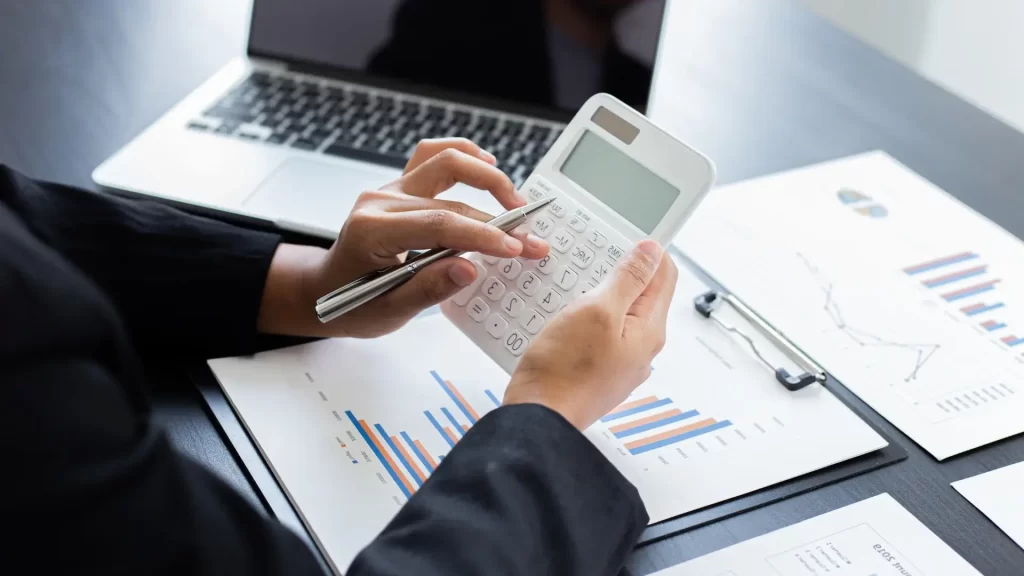
To calculate excise tax in UAE businesses first need to know the applicable tax rate for the product and its retail price. The excise tax is basically the percentage of the product’s retail price before VAT. Here’s an example.
The retail price of an energy drink is AED 100 which falls under the category of 100% excise tax then the tax amount will be AED 100. So, the final price of that energy drink would be AED 200 excluding VAT.
Similarly, businesses that either import, produce, or store excise products need to register with the Federal Tax Authority (FTA). Apart from that they’ll also need to follow the government’s compliance requirements. If they fail to register or pay the excise tax they can expect to pay hefty penalties.
FAQs
The categories of products subject to excise tax include:
- Carbonated drinks.
- Energy drinks.
- Tobacco and tobacco products.
- Electronic smoking devices.
- Vape liquids.
- Artificial sweetening products.
The excise tax rates on these products are as follows.
- 50% on carbonated drinks and sweetened beverages.
- 100% on energy drinks, tobacco products, electronic smoking devices, and related liquids.
Conclusion
The implementation of excise tax in the UAE reflects the government’s commitment to promoting public health and a cleaner environment. By imposing higher taxes on these products, the UAE aims to discourage their consumption and mitigate associated health risks.
Businesses dealing with excise goods are required to register with the Federal Tax Authority (FTA), file regular tax returns, and comply with all regulatory requirements to avoid penalties.




